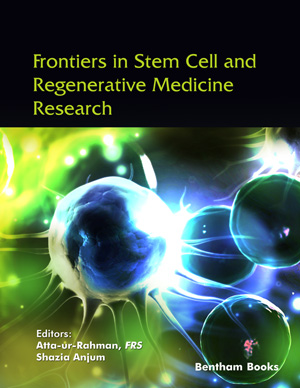Abstract
Stem/progenitor cells for cell therapy and regenerative medicine should ideally be available in large numbers, after having been isolated using minimally invasive or non-invasive methodologies. Also, they should exhibit wide differentiation potential into multiple lineages, as well as capability to be used successfully in autologous or allogeneic transplantation, and all this in accordance with the applicable guidelines of good manufacturing practice. Thus, the identification and characterization of alternative sources of mesenchymal stem cells (MSCs) is of great importance. The human uterus emerges as an interesting source of MSCs. Both endometrial MSCs (eMSCs) and human uterine cervical stem cells (hUCESCs) were easily obtained with minimal morbidity. Both eMSCs and hUCESCs show a high proliferation rate, which allows for the harvesting of high amounts of these cells, both for research studies and potential therapeutic uses. It has been demonstrated that eMSCs have wide capability of differentiation into many cellular lineages, as well as potential therapeutic effects in several pathological processes. Similarly, hUCESCs’secretome (conditioned medium) shows potent antiinflammatory, anti-tumor, anti-bacterial and regenerative properties.
Keywords: Conditioned media, exosomes, secretome, stem cells, uterus, eMSCs, hUCESCs.














